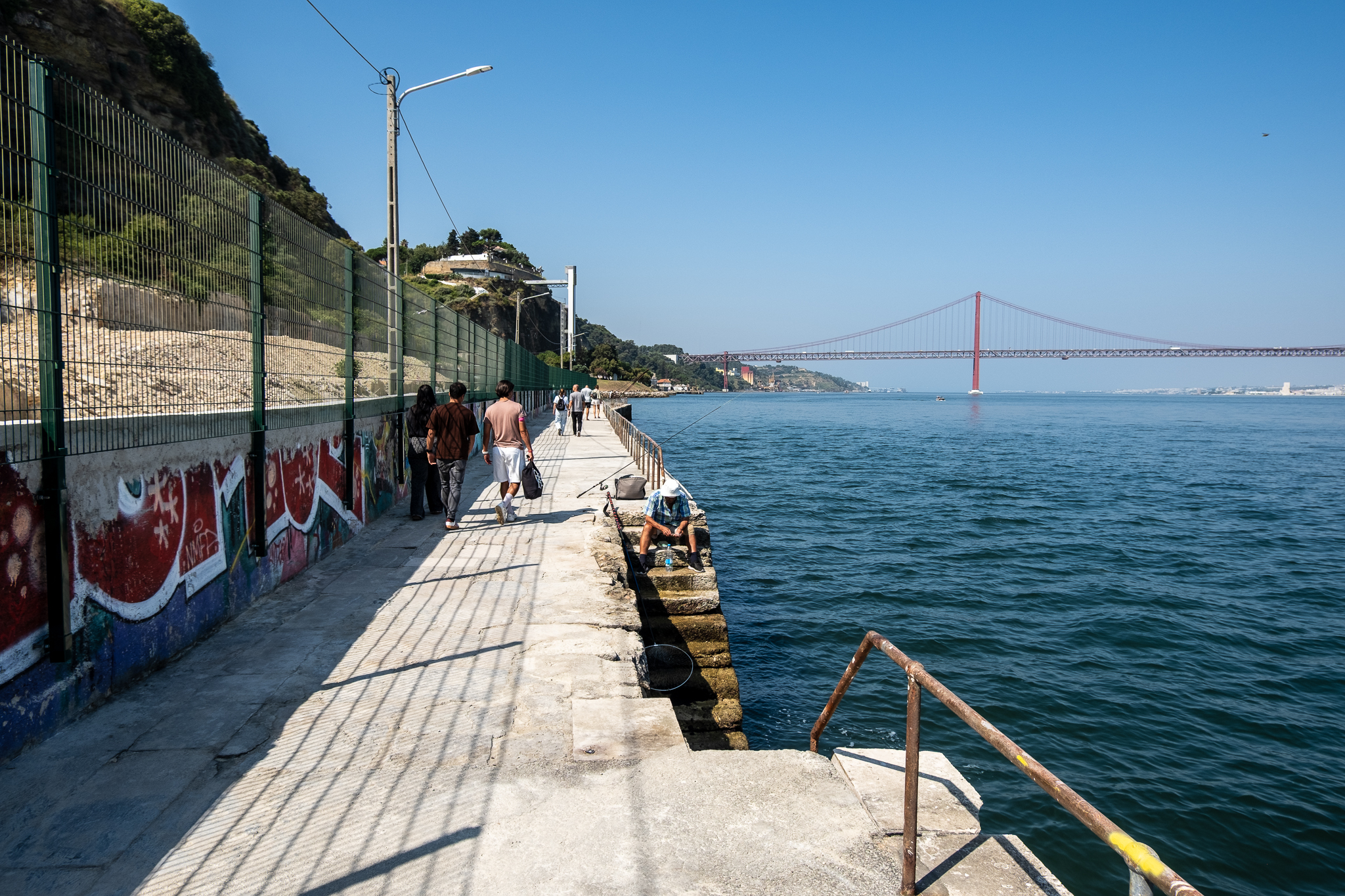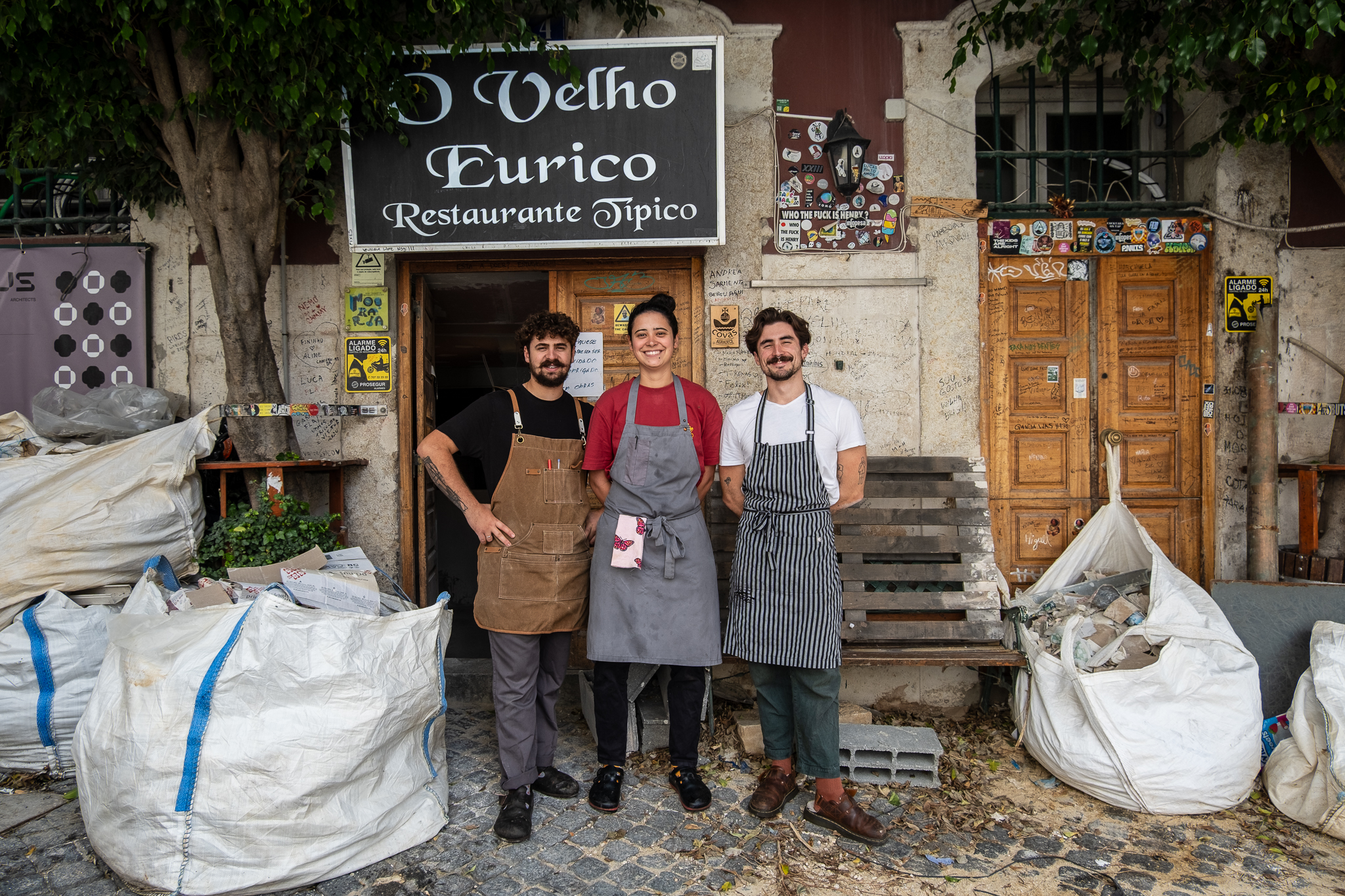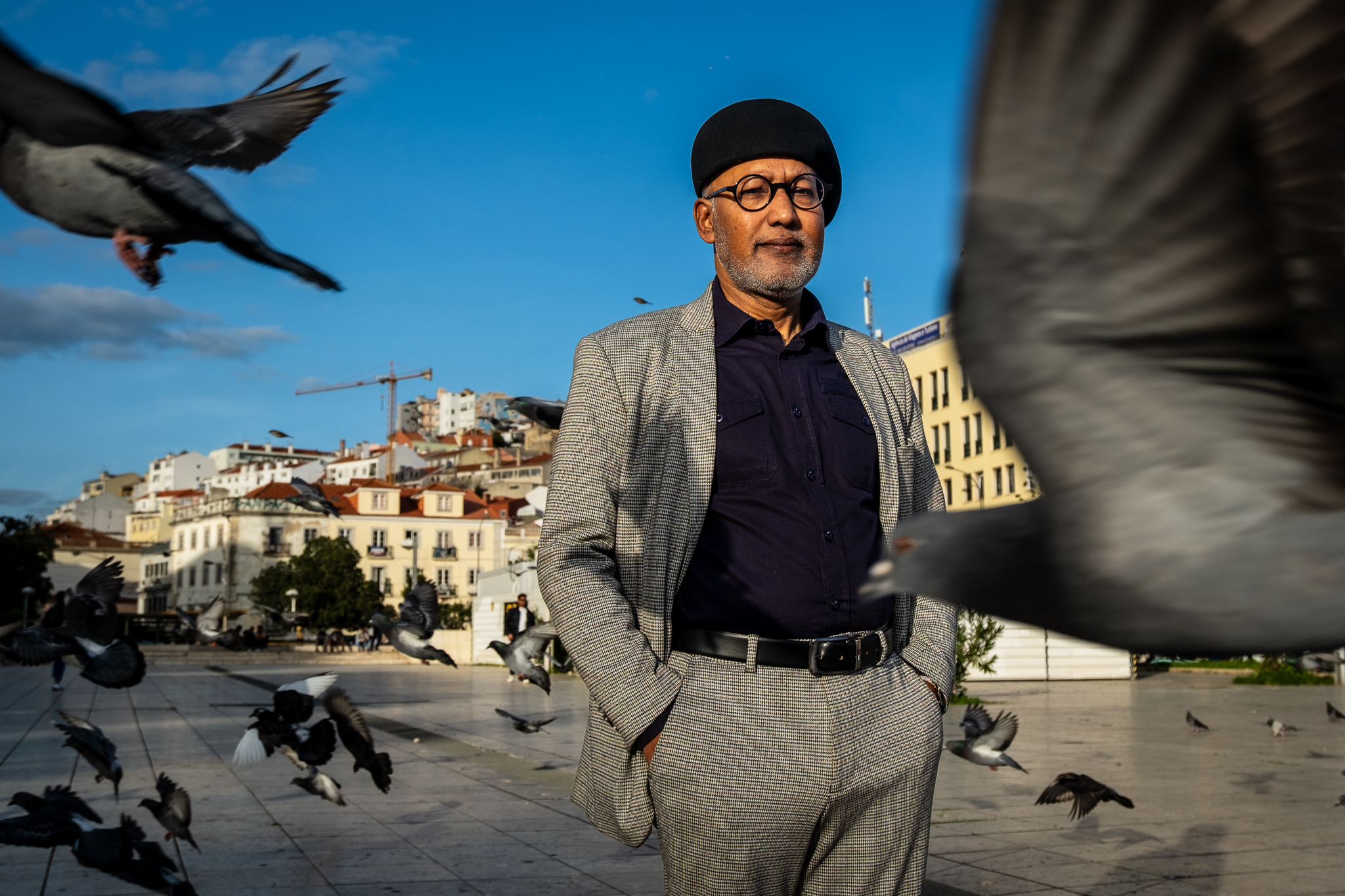Families will be able to organize themselves into cooperatives and go ahead with the construction of affordable housing on land provided by Lisbon City Council. The new "Cooperativas 1ª Habitação Lisboa" program reinforces the city's housing strategy and is expected to bear fruit in Lumiar.

Families will be able to organize themselves into cooperatives and collectively take on the construction of affordable housing in Lisbon, on land provided by the municipality. At its meeting in February, the Lisbon City Council approved the proposal that will give shape to the new program "Lisbon Housing Cooperatives"This reinforces the city's housing strategy.
Through this model, the The municipality will give land to cooperatives that are interested and that secure the necessary funding to build housing.. The City Council deals with the architectural plans and licensing; the cooperatives build. There are already five identified plots in Lisbon for cooperative housing projects: one in the Lumiarnext to the José Alvalade Stadium; another in Benficanear the train station; a third in Arroiosin Largo do Cabeço da Bola, where an affordable housing project was planned in partnership with a private developer; a room in Saint Vincentnear Rua do Vale de Santo António; and a fifth in Santa Claranext to Calçada de Carriche and the cycling axis of Estrada do Desvio.

These five terrains are mapped on the Lisbon Municipal Housing CharterSome of them already have architectural projects underway. Find out more about the five planned operations:
| Location | Summary | State |
|---|---|---|
| Lumiar | - 18 homesfive T1, nine T2 and four T3; - 22 seats basement parking; - 3.83 million € of the cooperative's total investment; - 213 thousand € average cost per home (T1 at €146,000, T2 at €216,000, T3 at €289,000); - 3 163 m2 gross construction area: 1 678 m2 of housing, 459 m2 trade and social project, 1 026 m2 parking. | Preliminary draft under review |
| Benfica | - 12 dwellingssix T2 and six T3; - 11 seats basement parking; - 2.60 million euros of the cooperative's total investment; - 217 thousand € average cost per home (T2 at 192,644 euros, T3 at 241,486 euros); - 2 127 m2 gross construction area: 1 483 m2 of housing, 96 m2 548 m2 of parking, 91 m2 of public space. | Previous study under review |
| Arroios | - 15 homesthree T1, eight T2 and four T3; - no parking in the basement; - 3.31 million € of the cooperative's total investment; - 220 thousand € average cost per home (T1 at 136,024 euros, T2 at 221,695 euros, T3 at 303,488 euros); - 1 736 m2 gross construction area: 1 691 m2 of housing, 45 m2 of commerce, 779 m2 of public space. | Preliminary study underway |
| Saint Vincent | - 21 homes; - 4.09 million € of the cooperative's total investment; - 195 thousand € average cost per home; - 1 086 m2 gross construction area: 1 016 m2 of housing, 70 m2 trade. | Design competition underway |
| Santa Clara | - 23 dwellings; - 4.43 million euros of the cooperative's total investment; - 193 thousand euros average cost per home; - 2 807 m2 gross construction area: 2 707 m2 of housing, 100 m2 trade. | Design competition underway |
📁 Documents
Lumiar project is the most advanced
Of these five, the most advanced operation is in Lumiarwhich already has an architectural project. The building is planned for a plot of land where, in 1907, Sporting Clube de Portugal's first soccer pitch was inaugurated and which, today, is a urban void near Francisco Stromp Street, where informal parking takes place. The following are planned 18 homesThe average cost per home is estimated at 213,000 euros. In total, the cooperative will have to invest 3.83 million euros.


The architectural proposal was drawn up by a team made up of architects Patrícia Rocha Leite and Jorge Castro Trigo and the A400 studio, and selected at the beginning of 2023 through a public design competition launched by the municipality a year earlier. It stood out from its competitors for "focus on collective housing and the requalification of public space as a fundamental contribution to the dynamization of the neighbourhood"and by presenting a solution with "generous areas dedicated to community zones and shared services, encouraging social interaction"According to the jury's final report. "The orientation of the bedrooms to the east and the living rooms to the west makes good use of the sun exposure and the organization of the dwellings is very efficient"points out the jury, also highlighting "the design of the kitchen with natural lighting and ventilation, the visual relationship with the outdoor gallery and the possibility of individualizing this room".
The architectural trio's project responds to a series of requests and demands from the Lisbon City Council, described in the preliminary program, such as the building having at least four floors, underground parking, a focus on energy efficiency and the durability of materials, the solution fostering neighborhood habits and community life, or there being an area on the first floor for the implementation of a social project created by the cooperative members and residents of the building. A one-bedroom apartment in this building will cost around 146,000 euros, a two-bedroom apartment 216,000 and a three-bedroom apartment 289,000 euros.

How the program works
The model proposed in the "Cooperativas 1ª Habitação Lisboa" program gives the the opportunity for families to participate or organize themselves into cooperatives to bid for municipal land, with the right of surface for 90 yearsand thus gain access to their homes, assuming little more than the construction costs. The cooperatives that apply and are selected in each operation (there will now be five) will be able to immediately start constructing the buildings, with all the obligations and risks inherent in this process, including the supervision and management of the work, being borne by them. Lisbon City Council will only take on the costs of the architectural projects and licensing, removing this financial burden from the cooperatives and seeking to guarantee a considerable reduction in the time it takes to complete the work.
The vacant land that has been identified for this program makes it possible to carry out small-scale housing projects, since cooperatives will never be able to secure large investments, unlike large private developers. Each cooperative will have to secure the necessary funding to carry out the projects, either through its members' savings, bank loans or specific funding lines for cooperative housing projects. On the other hand, the cooperative members who are awarded housing under this program must meet the same requirements as the Affordable Rent Program (PRA), i.e. not earn more than 30,000 euros a year in an individual case, or 40,000 euros if they are a two-person household (plus 5,000 euros for each child).
At any time, a resident of one of these cooperative housing buildings can move out and pass their home on to someone else, in which case the cooperative first and the council second will always have the right of first refusal, and the value of the transfer cannot exceed the amount, adjusted for inflation, that the cooperative member originally paid for the house.
"Housing is and will continue to be the top priority of our mandate. In the history of Lisbon City Hall, there has never been a comparable amount of investment in this area, which will reach 800 million euros by 2028. We have done everything we can to find new ways and solutions to the problem"Carlos Moedas, the Mayor of Lisbon, said in a statement about the approval of the cooperative housing program. "This is one more path we want to take to increase the supply of affordable housing in the city. The first step has been taken and will continue in the parish of Lumiar." The municipality is already preparing the parts of the tender procedure to be launched with a view to carrying out the operation in the vicinity of Rua Francisco Stromp.










